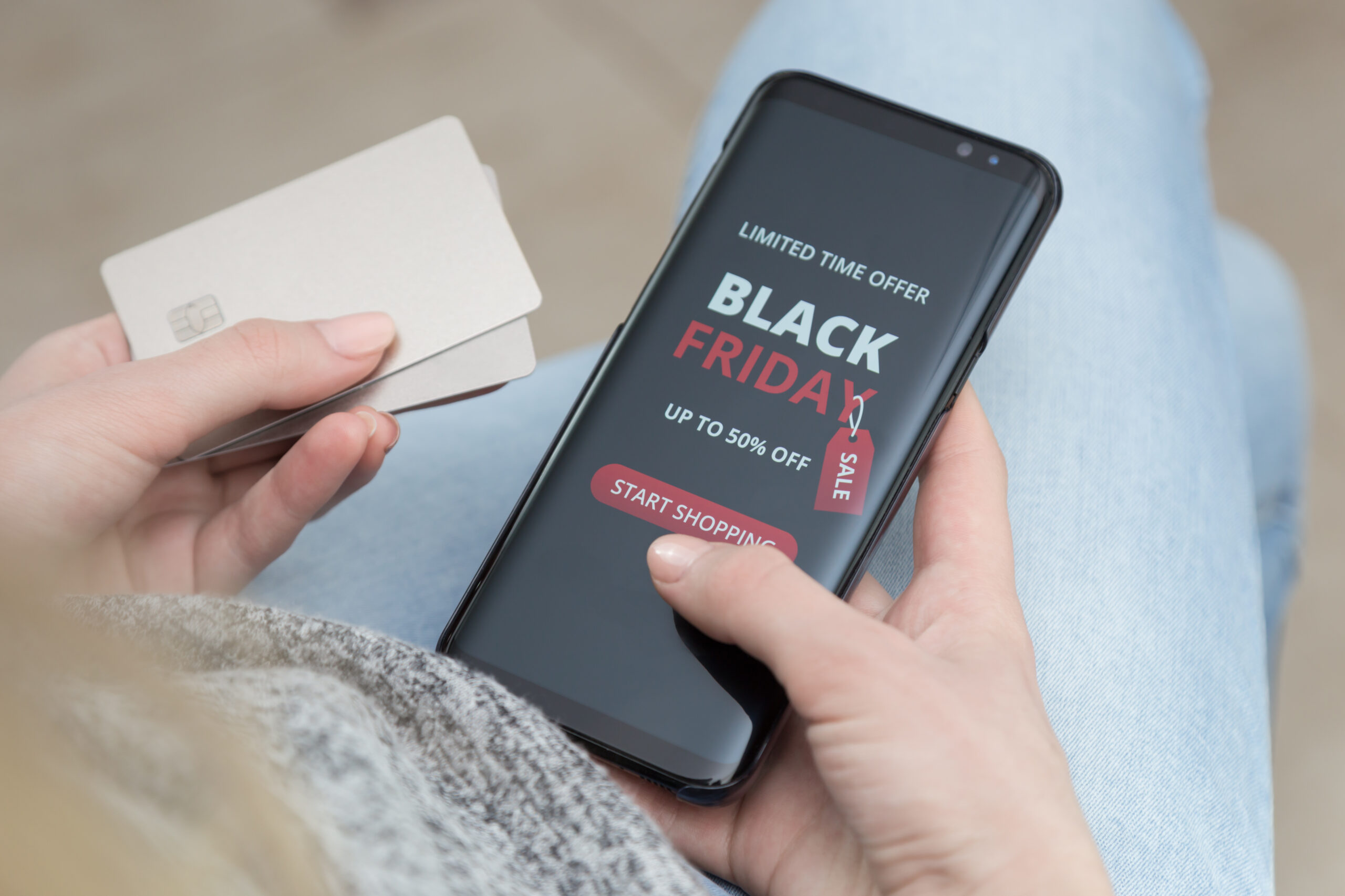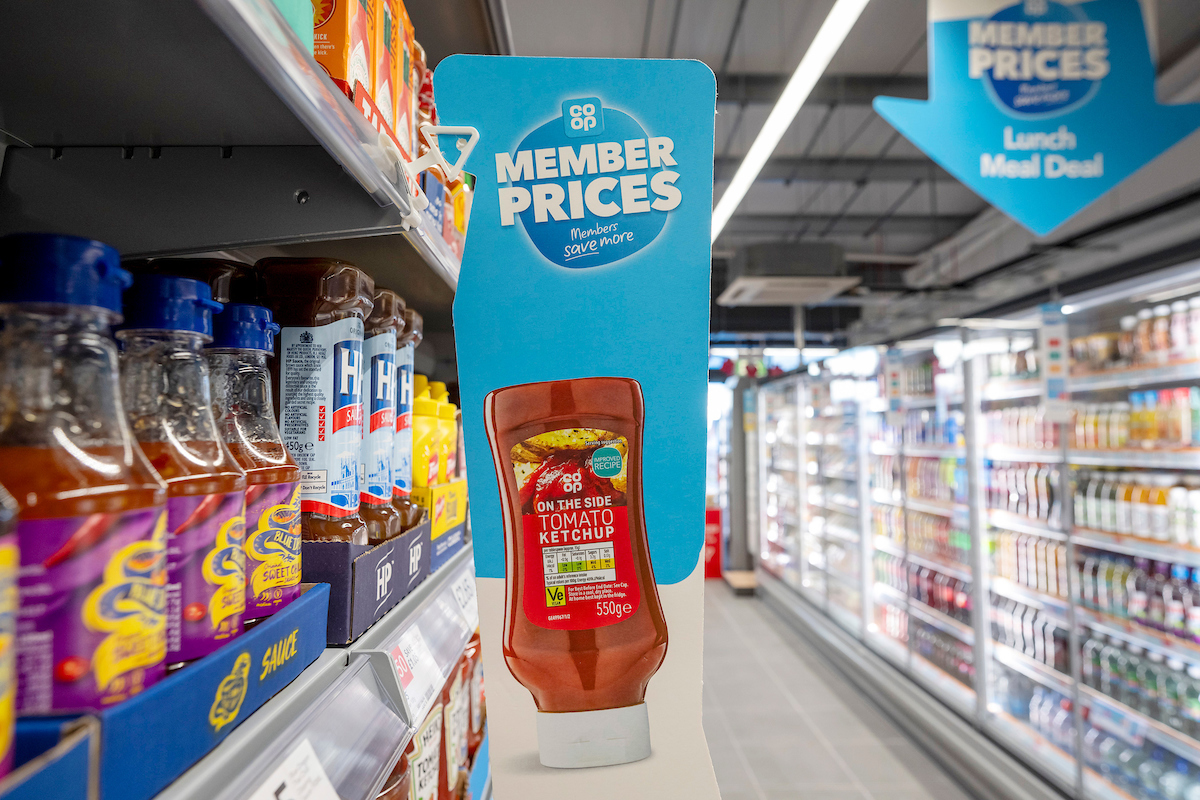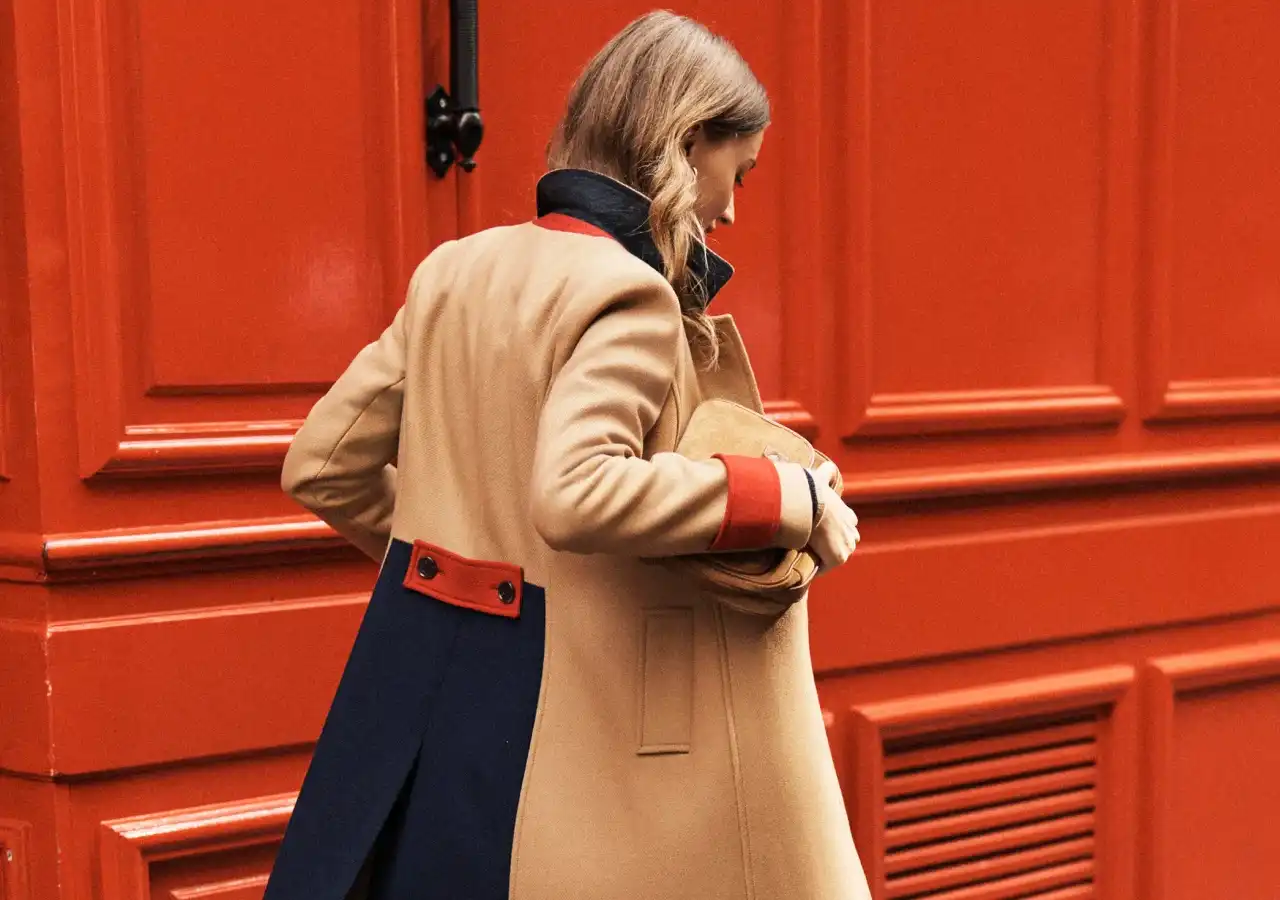We’re reporting on the effect of the Covid-19 coronavirus pandemic on the way UK shoppers buy – and on how retailers are responding to that changing behaviour. As of April 19 at 3.13pm, the UK had 129,044 confirmed cases of Covid-19, and 17,337 deaths in hospital. That includes 4301 new cases and 828 deaths recorded over the previous 24 hours.
BOOHOO BOOMS DESPITE LOCKDOWN HITTING FAST FASHON HARD
Fast fashion retailer Boohoo’s full year results for the year to 29 February 2020 show that the company had a stellar year and, just before coronavirus hit, was booming.
However, despite a wobble in March as lockdown was introduced, the retailer has bounced back and seems to be doing very well in April, early numbers suggest.
Unlike many other fast fashion players, the retailer saw revenue up 44% to £1.235 billion, across the group, with strong revenue growth across all geographies with UK up 39% and international up 51%. International revenue is now 45% of total, up from 43%.
And things continue to look good. In a statement, the retailer said: ““Since the middle of March, trading has been mixed, as a result of the impact of the COVID-19 pandemic, initially with a marked decrease in year-on-year growth. Performance has improved in more recent weeks and we are now seeing improved year-on-year growth of group sales during April. We remain cautious regarding our outlook, as a result of the uncertainty caused by the COVID-19 pandemic.”
AMAZON UK UPS WAREHOUSE WAGES, CLEANING AND CREATES 5000 NEW JOBS
In a likely attempt to stave off any sort of industrial action as seen in France last week, Amazon UK has introduced a range of new measures at its warehouses and has given workers a pay rise.
The etailer is effectively giving staff a 20% pay rise, adding a further £2 per hour on top of its current starting rate of £10.50 for the London area and £9.50 for the rest of the UK.
Amazon’s UK country manager Doug Gurr has also announced that the company has made 150 process changes focused on the health and safety of its teams and under guidance from the World Health Organisation (WHO). These include increasing the frequency and intensity of cleaning at its sites, adjusting its practices so that our employees can observe social distancing measures and it is providing temperature checks, as well as masks and gloves.
In addition, Amazon UK is creating 5,000 new full and part-time positions and delivery jobs across the UK.
GOOGLE BRINGS FORWARD FREE LISTINGS FOR MERCHANTS ON GOOGLE SHOPPING
To help retailers get more from ecommerce during the crisis, Google has announced that from the end of the month – in the US, at least, the rest of us will have to wait til later this year – merchants can list for free on Google Shopping.
The plan is to make it easier and cheaper for all retailers to get seen on Google Shopping and to help them reap what they can from the enforced switch to ecommerce that many consumers are currently embracing.
Industry watchers, however, also suggest that perhaps the move is also to help Google compete in this new ecommerce age with Amazon and eBay, which have both moved way ahead of Google in the ecommerce stakes.
NEW SUBSCRIPTION SERVICE AIMS TO LINK SHOPPERS TO DELIVERY SLOTS
A new website – shoppingslot.co.uk – has been launched to try and help shoppers find grocery delivery slots in their area, for a fee.
Shoppingslot.co.uk, launched by software engineer Jason Moore and one-time Apprentice candidate Sabrina Stoker, aims to let shoppers search once on its site for grocery chains with delivery slots in their area when they come free – and, for a £3 subscription fee, be emailed when one appears.
The site is in beta and is connected to major supermarkets, but is aiming to also add in local stores that are also offering delivery. It is also in the process of raising £50,000 to try and make its service free to the elderly and vulnerable.
RETAILERS INCREASE PRICES ON GARDEN ESSENTIALS AND OUTDOOR FURNITURE BY 43%
With sales rocketing un lockdown, retailers have increased prices on garden essentials, including lawn mowers, Barbeques and garden table sets, according to the latest ‘Lockdown Economy’ report from LovetheSales.com.
Garden category prices have shot up in April by 43% month-on-month – and by 36% year-on-year. A combination of housebound shoppers and good bank holiday weather has created a huge surge in demand for garden goods. Online searches for lawn mowers have increased by 401% in April and barbeques by174%, month-on-month.
Data suggests retailers are looking to cash in on popular outdoor products, while they can, with big increases seen in online searches for Lawn mowers (+401% month-on-month) Barbeques (+174%), Garden chairs & tables (+400%), Hedge trimmers (+123%).
Lovethesales.com has also seen UK demand for sex toys has increase by 126% in April, compared to April 2019 and a surge in Home office equipment sales as many people continue to have to work from home.
On the flipside, there has been a decrease in sales of luggage, handbags and dresses, it says. With the majority of the UK grounded, the need for luggage has fallen dramatically. Online searches for suitcases have dropped by 74% year-on-year and searches for cabin luggage have declined by 64%.
Fashionable bags have taken a huge hit in demand, with less need to update this wardrobe ‘essential’ during lockdown. Searches for handbags have dropped by 46% year-on-year and for purses by 63% year-on-year.
April through July is the peak period for dress sales, but searches for frocks are down 33% year-on-year, searches for playsuits are also down 54% on the year before. Loungewear continues to rule in April 2020 and demand is up 411% year-on-year.
MORE EVIDENCE OF THE MIXED IMPACT OF CORONAVIRUS ON RETAIL
Data on what has happened to retail and ecommerce as the lockdown rolls on is coming in thick and fast. So, here is a round-up (within our round-up) of just what has been seen this week.
A survey of 1,646 adults compiled by YouGov, delving into people’s shopping habits since lockdown began, has revealed how often people have been visiting different types of shops to get their essentials, and if frequency has changed since lockdown started.
Corner shops are a fundamental part of life under lockdown, with the majority of the UK (80%) viewing corner shops as an essential service. This is reflected in the rise in frequency of visits to corner shops, with almost a quarter (23%) of the UK stating that they have increased the amount of times they have shopped in them during COVID-19.
The second largest rise in the type of way British people are consuming their essential goods is through online shopping (16% more frequently). These are despite reports that online prices of items in high demand foods have increased by 4.4% overall.
It seems that those online are struggling to obtain their essentials. More than half (54%) reported they have experienced difficulties in sourcing the products they need. This compares to two fifths (39%) of shoppers finding it hard to secure these items in the supermarket.
For regular online shoppers the difficulties with finding products and delivery slots has meant almost one quarter (24%) of those who have previously shopped online, have been utilising the services less frequently.
The largest disparity in shopping behaviour prior to lockdown is related to supermarkets, with 61% of people claiming to visit less often than previously. Despite the reduction of visits to supermarkets, the majority of consumers have reported a positive experience when visiting, with 62% of people considering supermarkets to be taking positive measures to stop the spread of coronavirus.
Additionally, half of UK shoppers (53%) have claimed they have had an overall positive experience in terms of queuing, despite rumours of lengthy queue times at the supermarkets.
New data from Fresh Relevance, meanwhile, indicates that the evolving COVID-19 pandemic drove a revenue increase of 60% for online retail in March.
The findings, taken from a sample of 278 businesses within Fresh Relevance’s client base, document how the introduction of social distancing measures impacted consumer purchasing habits week-on-week. While online sales increased moderately in the first week of March, revenues jumped in the second half of the month when the UK government introduced the stay-at-home rules.
Yet, whilst online retail as a whole saw a rise in revenue across March 2020, the impact varied by vertical. Toys and games ecommerce businesses have seen the greatest growth, with a rise in revenue to 341%, followed by food and drink and the tobacco and vaping sectors, both of which rose to over 200% of their normal revenue.
Other sectors that have experienced significant growth include home and garden, technology and sports and hobbies, with revenue increasing to between 150% and 200% of what it was at the beginning of the month. For the health category, which became more prominent in March, there is a mixed story. Whilst there was a steady increase in revenue at the start of the month, this began to drop mid-month, before levelling out.
Despite considerable growth for certain retail verticals, the data highlights the varied impact of the coronavirus crisis across the industry. For the office supplies, jewellery and luxury goods, insurance and finance and automotive verticals, the changing consumer habits have driven a fall in average revenue.
UK CONSUMER CONFIDENCE TAKES A NOSEDIVE
The UK future sentiment index collated by GlobalData plummeted in April to the lowest level seen since tracking began in April 2012, pulled down by pessimistic feeling around the future of the UK economy and bringing bad news for retailers that will be hoping for a post-lockdown pickup in spend.
Sofie Willmott, Lead Analyst at GlobalData, says: “When asked how they expect the UK economy to change over the six months, 78.5% of consumers said they expected it to get worse indicating that the nation’s worries have not been eased despite measures announced by the UK government to support jobs and businesses.”
GlobalData’s Future Sentiment Index is calculated based on a monthly survey of 2,000 nationally representative UK consumers. The index is calculated by averaging out the three main measures of confidence, namely economic outlook, personal finances, and future retail spending prospects.
Additionally, UK consumers also lack confidence about their personal finances over the six months with 45.5% expecting their finances to get worse, likely to be linked to many workers being on furlough leave and fears around unemployment levels rising.
Willmott adds: “Low levels of consumer confidence do not bode well for retailers – 60.7% of UK consumers expect to spend less on retail over the next six months as they seek to protect their finances and prioritise essentials. Grocery spend will be safeguarded along with essential health and beauty items but non-essential sectors such as clothing & footwear will be hard hit by consumers deprioritising these items, even after lockdown restrictions are lifted.”








